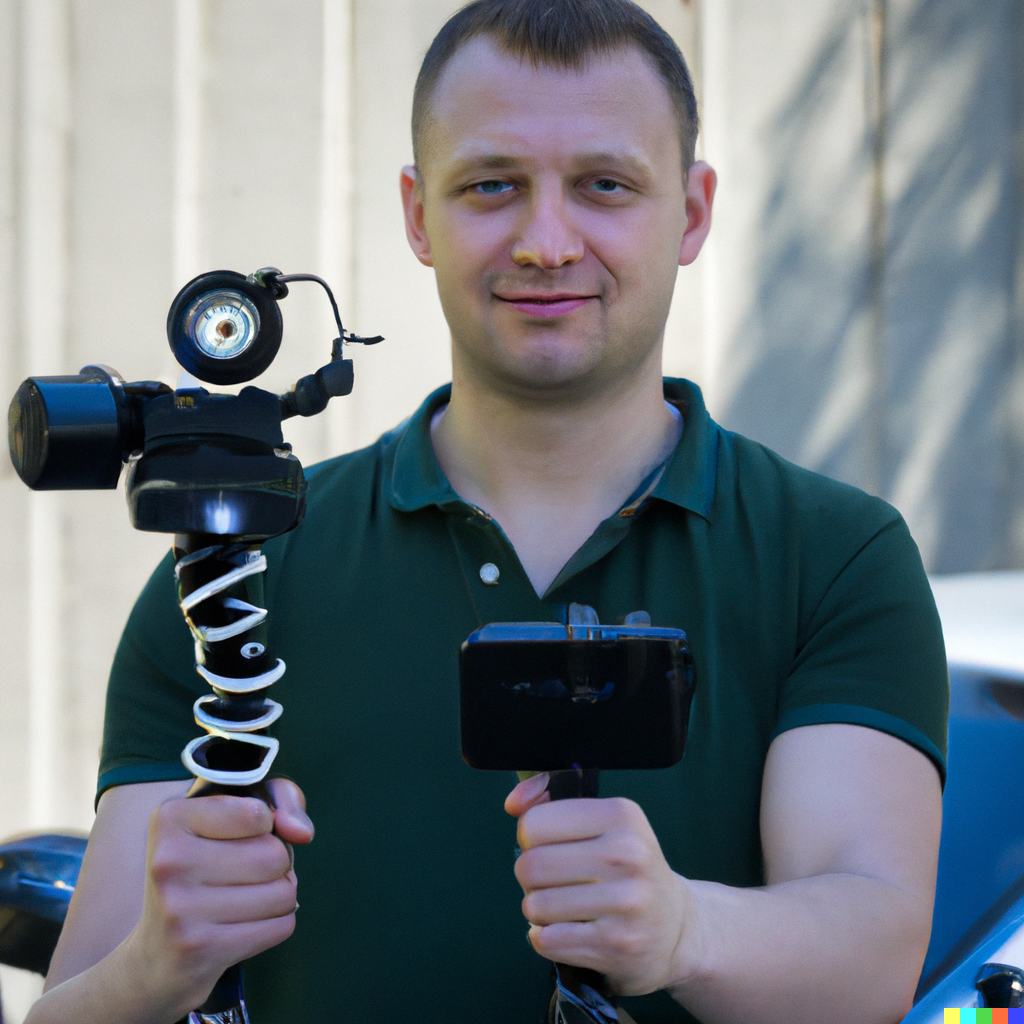Residents in Basingstoke and Deane, Hart and Rushmoor are set to benefit from quieter streets and cleaner air as a pilot scheme for electric recycling and refuse collection vehicles kicks off. The initiative, a collaboration between public service provider Serco, e-fleet solutions provider VEV, and RVS, the independent refuse vehicle specialist, aims to demonstrate the feasibility and environmental advantages of electrifying this heavy-duty vehicle category.
Traditionally, refuse collection vehicles (RCVs) are major contributors to greenhouse gas emissions, spewing out up to 600g of CO2 per kilometer when fully loaded. This pilot scheme targets these heavy-polluting vehicles, aiming to significantly reduce emissions and support the climate emergency targets set by the participating councils.

“This is a significant step forward,” said Mike Nakrani, CEO of VEV. “Electrifying recycling and refuse collection offers local authorities a chance to dramatically cut carbon emissions and noise pollution compared to conventional vehicles. We’re delighted to work with Serco and RVS to help Basingstoke and Deane, and Hart and Rushmoor Councils achieve their climate goals.”
The pilot leverages a unique approach. Instead of relying solely on brand new electric vehicles, RVS has taken the innovative step of refurbishing and repowering two existing diesel RCVs, essentially giving them a new lease on life as zero-emission machines. This not only reduces the environmental impact associated with manufacturing entirely new vehicles, but also removes two polluting diesel trucks from the road.
VEV is playing a crucial role by providing the charging infrastructure needed to keep the electric trucks operational. Additionally, their bespoke fleet management platform, VEV-IQ, will closely monitor the pilot’s progress. VEV-IQ will track a range of parameters, including the eRCVs’ operational routes, charging schedules, power usage, and the resulting CO2 savings for both Serco and the participating councils.
This pilot scheme builds on an earlier electrification feasibility study conducted by VEV in Rushmoor. The expanded program aims to showcase the real-world benefits of electric waste collection, not only in terms of reduced emissions and noise pollution, but also from an operational standpoint. The collected data will be used to establish a robust business case for Serco to fully electrify their refuse collection fleets in the future.
“We’re confident that this pilot will demonstrate the operational and financial advantages of fleet electrification,” said Nakrani. “This can significantly reduce the carbon footprint of local council fleets while creating a cleaner and quieter environment for residents.”

The initiative has been met with enthusiasm from all parties involved. Spencer Law, Founder & CEO of RVS, highlighted the financial benefits of the conversion approach. “We’re excited to collaborate with VEV to tackle the significant costs traditionally associated with electrifying waste collection fleets,” he said. “Our e-One Electric Conversion system has received positive feedback across the industry, and this pilot offers a risk-free opportunity for councils to explore eRCV adoption with ongoing support, ultimately helping them achieve their net-zero goals.”
Serco’s Regional Director for Environmental Services, George Roach, echoed the sentiment, emphasizing the project’s environmental focus. “Serco is proud to partner with VEV, RVS, and the participating councils on this pilot,” he said. “By taking these pre-loved diesel vehicles and upcycling them into low-emission electric alternatives, we’re supporting both our own and the local authorities’ net-zero carbon targets.”
The pilot scheme in Hampshire represents a significant step forward in the electrification of heavy-duty vehicles. By demonstrating the feasibility and environmental benefits of electric refuse collection, this project paves the way for cleaner and quieter streets across the UK.



